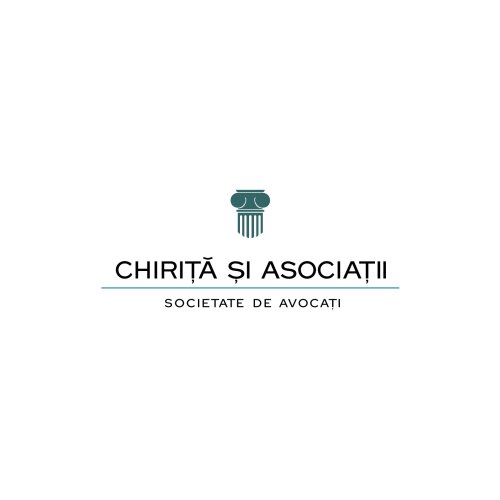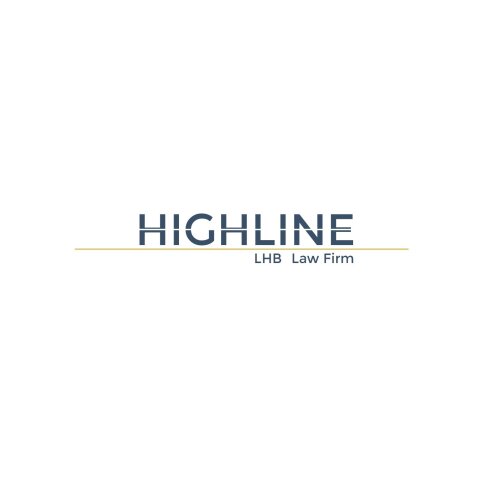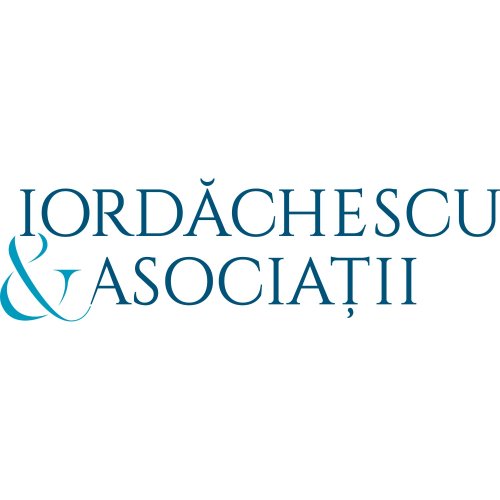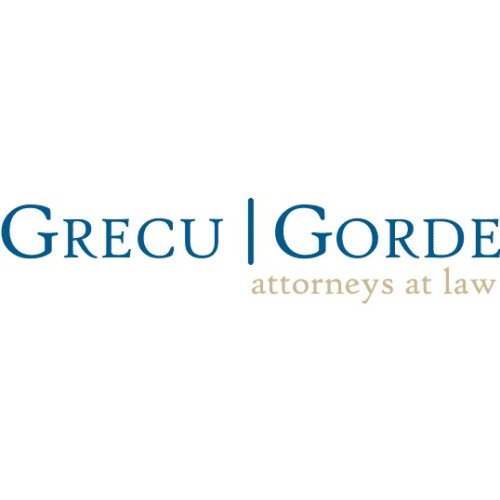Best Renewable & Alternative Energy Lawyers in Cluj-Napoca
Share your needs with us, get contacted by law firms.
Free. Takes 2 min.
List of the best lawyers in Cluj-Napoca, Romania
About Renewable & Alternative Energy Law in Cluj-Napoca, Romania
Cluj-Napoca, as one of Romania's major cities and a hub for innovation in Transylvania, is experiencing significant growth in the field of renewable and alternative energy. This sector encompasses solar, wind, hydro, biomass, and geothermal energy sources. With a national and local push towards sustainable energy, both public entities and private investors are increasingly interested in developing and operating renewable energy projects. Romanian and European regulations are influential in shaping the legal landscape, setting guidelines for energy production, consumption, distribution, and environmental protection.
Why You May Need a Lawyer
There are several situations where obtaining legal assistance in renewable and alternative energy is crucial in Cluj-Napoca. Common scenarios include:
- Assisting with the permitting process for building and operating renewable energy facilities
- Drafting and negotiating contracts with suppliers, investors, or energy distributors
- Addressing regulatory compliance and environmental impact assessments
- Managing disputes concerning land use, property rights, or grid access
- Obtaining government incentives or subsidies for green energy initiatives
- Advising on mergers, acquisitions, or joint ventures in the renewable sector
- Ensuring adherence to both local and EU-level renewable energy targets and legislation
Local Laws Overview
Renewable and alternative energy laws in Cluj-Napoca operate within the framework of Romania's national legislation and are influenced by European Union directives. Key aspects include:
- Permitting and Zoning - All energy projects require specific permits and must comply with zoning and urban planning regulations set by the local council and national authorities.
- Grid Access - Legal provisions ensure that renewable energy producers can connect to the national grid, subject to technical and administrative requirements.
- Incentive Schemes - Various support mechanisms such as green certificates, feed-in tariffs, or grants may be available for renewable energy producers, governed by national energy agencies.
- Environmental Regulations - Environmental impact assessments are mandatory for most projects, in line with national and EU environmental directives.
- Land Use - Acquiring, leasing, or converting land for energy projects involves specific legal processes and, in some cases, public consultation.
- Licensing - Operators must obtain licenses from the Romanian Energy Regulatory Authority (ANRE) and maintain compliance throughout the project’s lifecycle.
Frequently Asked Questions
What types of renewable energy projects are most common in Cluj-Napoca?
Solar and biomass projects are prevalent, along with increasing investments in small-scale wind and hydroelectric initiatives.
Do I need special permits to install solar panels on my property in Cluj-Napoca?
Yes, most solar panel installations require permits from local authorities and must comply with zoning and building regulations.
What are green certificates, and how do they work?
Green certificates are tradable documents issued for electricity produced from renewable sources. Producers earn them as incentives, and they can sell these certificates to energy suppliers to offset their legal obligations to use green energy.
Can foreign investors participate in Cluj-Napoca’s renewable energy market?
Yes, both Romanian and foreign individuals or entities can invest in renewable energy projects, provided they comply with all legal and regulatory requirements.
What government incentives are available for renewable energy projects?
Romania offers several incentive schemes including green certificates, subsidies, grants, and favorable grid access conditions, though the specifics may change based on government policy and EU funding cycles.
How long does the permitting process usually take for a renewable energy project?
The process can vary but typically ranges from a few months to over a year, depending on the project’s size, location, and the complexity of required assessments.
Are there restrictions on selling electricity produced from renewable sources?
Producers can generally sell their electricity into the national grid or directly to consumers, subject to licensing by ANRE and compliance with market rules.
What are the main legal challenges in developing renewable energy in Cluj-Napoca?
Challenges include navigating a complex regulatory environment, securing financing, obtaining land rights, and meeting strict environmental standards.
Who enforces renewable energy regulations in Cluj-Napoca?
The Romanian Energy Regulatory Authority (ANRE) is the main national body, with enforcement supported by local authorities and the Romanian Environment Protection Agency.
Can a lawyer assist with obtaining EU funding for energy projects?
Yes, a legal advisor can help prepare funding applications, ensure compliance with EU rules, and support project management to meet funding requirements.
Additional Resources
For those seeking further information or official guidance on renewable and alternative energy law in Cluj-Napoca, the following entities can be helpful:
- Romanian Energy Regulatory Authority (ANRE) - Oversees licensing, market regulation, and incentive programs
- Cluj-Napoca City Hall - Provides information on local zoning, permits, and urban planning relevant to energy projects
- Romanian Ministry of Energy - Publishes policy updates and national strategies for renewable energy
- European Union Information Centre in Cluj-Napoca - Offers details on EU funding opportunities and compliance
- Romanian Environment Protection Agency - Responsible for environmental impact assessments and permits
- Professional associations for renewable energy producers and investors - Provide networking, legal updates, and advocacy
Next Steps
If you are considering starting or investing in a renewable or alternative energy project in Cluj-Napoca, it is important to seek professional legal advice early in the process. Here is how to proceed:
- Identify your project goals and gather relevant documentation about your property, investment, or technology
- Schedule a consultation with a lawyer who specializes in Romanian renewable energy law
- Discuss your legal options, including permitting, contracts, and compliance issues
- Work with your lawyer to prepare and submit necessary applications, contracts, and regulatory filings
- Keep informed of relevant local, national, and EU regulatory changes that may impact your project
Lawzana helps you find the best lawyers and law firms in Cluj-Napoca through a curated and pre-screened list of qualified legal professionals. Our platform offers rankings and detailed profiles of attorneys and law firms, allowing you to compare based on practice areas, including Renewable & Alternative Energy, experience, and client feedback.
Each profile includes a description of the firm's areas of practice, client reviews, team members and partners, year of establishment, spoken languages, office locations, contact information, social media presence, and any published articles or resources. Most firms on our platform speak English and are experienced in both local and international legal matters.
Get a quote from top-rated law firms in Cluj-Napoca, Romania — quickly, securely, and without unnecessary hassle.
Disclaimer:
The information provided on this page is for general informational purposes only and does not constitute legal advice. While we strive to ensure the accuracy and relevance of the content, legal information may change over time, and interpretations of the law can vary. You should always consult with a qualified legal professional for advice specific to your situation.
We disclaim all liability for actions taken or not taken based on the content of this page. If you believe any information is incorrect or outdated, please contact us, and we will review and update it where appropriate.













